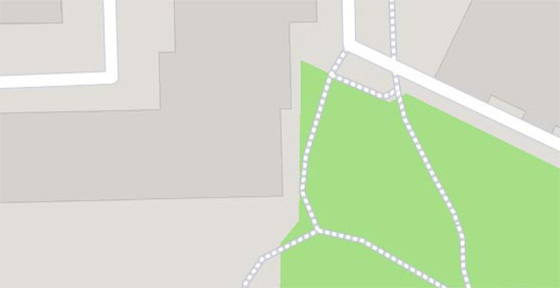Paddington Street Gardens
Paddington Street Gardens is a park area divided into North and South along Paddington Street. The northern area is a small rectangular park with a central grassy area and several monuments and tombstones. In the much larger southern part there is a world for visitors, a playground for children and toilets. Open air concerts are organized here during the summer months. Both parts of the park are located in the cemetery closed in the 19th century.
In the 18th century at ul. Paddington established an additional cemetery for the church of St. Marylebone. The land was handed over to the parish by Edward Harley, Earl of Oxford in 1730, to which the church authorities bought a piece of land on the north side of Paddington Street. The cemetery was officially closed after less than 100 years of use in 1814. In the following decades, occasional burials took place here until 1885, when the cemetery area became a recreational area. At that time, traces of most of around 80,000 were removed. graves. An index of the names of people buried here is in the archives of Westminster City.
One of the most interesting remains of the former cemetery is the mausoleum located in the southern part, erected by Richard Fitzpatrick in memory of Zuzanna's wife. With its beauty it also attracts the sculpture of a sitting boy, by Milan's Donato Barcaglia (1849-1930), which went to Paddington Street Gardens in 1943. In the plant cover, it is worth noting the monumental plane tree from the 19th century and fruit trees - cherries and hawthorn.
Attractions inside




